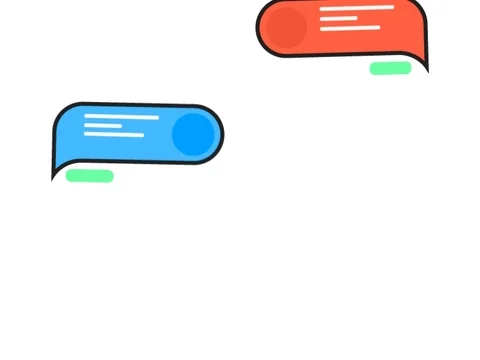Small talk...
Some people excel at it. Others experience a cold wave of dread at the very thought of initiating a conversation with a stranger. It can be especially challenging to have conversations about work when you’d rather be talking about sports, movies, or anything else.
If you find yourself hiding in the corner to avoid conversations about work, you can learn ways to elevate your conversational skills beyond "How was your weekend?"

1. Come prepared to talk.
Wherever you are — a networking event, meeting, or conference — be prepared to talk about more than the basics. Try to contribute something new.
 Photo by Luis Villasmil on Unsplash
Photo by Luis Villasmil on UnsplashBe aware of any new developments in your field. Subscribe to journals, email lists, and industry publications to make sure you know what you’re talking about.
Know the tools of your trade. Stay up to speed on software, apps, collaboration tools, etc., and use them as a jumping-off point for conversation.
Find out what others are saying about your field. Join a subreddit related to your work or see if there's a Discord chat, Slack channel, or podcast.
2. Find out what you have in common.
Try to find common ground to generate conversation.
Have you worked with some of the same people? Maybe you have mutual friends! Are you from the same region of the country? You may have worked or interned in some of the same places, or even attended the same college!

Connect online first to help break the ice. LinkedIn is the most well-known, but there are alternative options.
Try connecting through virtual icebreaker questions if you're remote and won't be meeting in person.
3. Make sure the conversation is balanced.
People love to talk about themselves, but they sometimes forget that the best conversations have two sides.
Try asking the other person open-ended questions to keep them involved. These are questions that require a thoughtful answer (who, what, where), while closed-ended questions don't require much thought (yes, no, or a brief response).

Examples of closed-ended questions:
Where is the break room?
Is this the last meeting of the day?
Are you finished with your presentation?
Examples of open-ended questions:
What projects you wish you could work on if you had the time?
What was the most interesting project you've worked on so far?
How does your team set goals?
Closed-ended questions are useful for gathering information, but open-ended questions are essential for keeping the conversation flowing.
Quiz
Which of these is an open-ended question? Select all that apply.
Subscribe for more quick bites of learning delivered to your inbox.
Unsubscribe anytime. No spam. 🙂
4. Get personal (but not too personal).

To give your conversation a personal touch, stick with work-friendly topics and keep your comments relatable without being negative. Topics might include:
Commuting — Almost everyone has an opinion about traffic and the length of their commute. Remote workers might discuss their home arrangements.
Food — Talk about restaurants you visit with coworkers, the catering at whatever event you’re attending, or a recent client dinner where you had a great meal.
Volunteer work — Bonus points if your organization rewards volunteers with grants or service hours. Get involved and you'll have something unique to talk about!
Quiz
What' are examples of work-appropriate personal question? Select all that apply.
Did you know?
Take Action

Explore more ways to build your conversational skills using the following resources:
Your feedback matters to us.
This Byte helped me better understand the topic.
